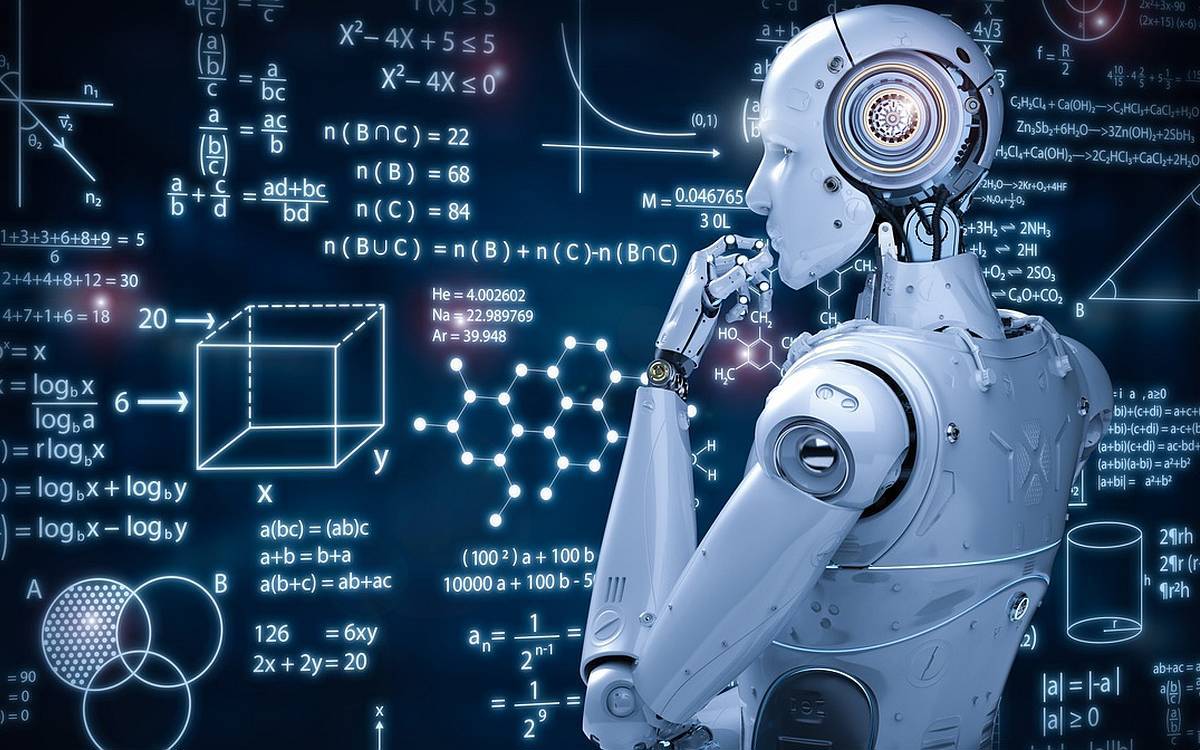The National Education Ministry has unveiled the curriculum for the new elective course, "Artificial Intelligence Applications," now incorporated into middle school education.
Developed by the Directorate of Basic Education for 7th and 8th grades, the curriculum has received approval from the Board of Education and Discipline Presidency.
The elective course spans 72 hours for each grade level and aims to equip students with the knowledge and skills necessary for the purposeful and effective use of artificial intelligence. The curriculum highlights the importance of students learning at least one block-based programming environment for addressing artificial intelligence challenges.
Covering essential competencies outlined in the Turkish Qualifications Framework, the course also addresses the enhancement of skills related to the "scientific process," "life," and "engineering."
Students will progress through both Level 1 (Artificial Intelligence Applications 1) and Level 2 (Artificial Intelligence Applications 2) during the course. The practical aspect of the curriculum encourages students to develop artificial intelligence applications to solve real-world issues encountered in daily life.
The expectation is that the course will primarily take place in dedicated information technology classrooms or through interactive whiteboards, offering students the opportunity to develop at least one application during the practical phase of the lessons.
Ethical principles
The ministry has dedicated a unit specifically to the ethical dimensions of artificial intelligence, aiming to ensure students use these technologies in accordance with ethical principles. The unit introduces technologies that may lead to ethical violations, with practical lessons demonstrating the application of information security principles against such violations.
The practical aspects of the course include the development of projects aimed at solving real-life problems using artificial intelligence technology. This segment of the curriculum, allocating 50 hours for project implementation, encompasses image and sound processing projects, offering students a hands-on experience in applying theoretical knowledge.
In classes, students will receive both theoretical and practical lessons in projects such as "text-to-speech conversion," "speech-to-text conversion," "language detection," "language translation," and "security with image and sound processing." (RT/VK)






